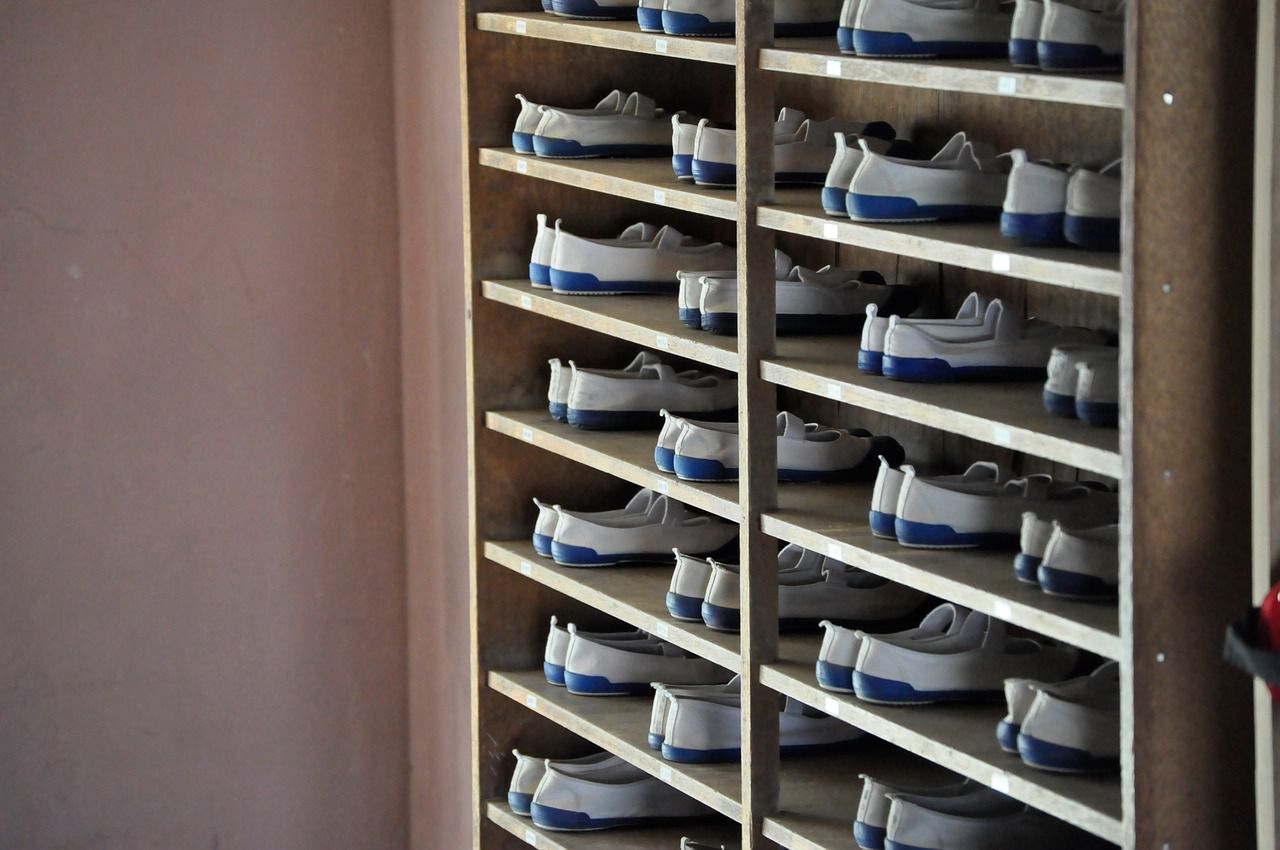Choosing the best shoe rack: Customer's guide
If you have a huge shoe collection, then you might need a good shoe rack to store and display it.
While most shoe racks have basically the same functions, you can still make better or worse choices.
Here are a few tips on how to choose the best shoe rack for you.
Measure Your Space
First, measure the area where you plan to put the shoe rack. This ensures it fits nicely in your room or closet.
Count Your Shoes
Take a quick count of how many pairs of shoes you have. This helps you choose a rack with enough shelves or slots to hold them all.

Consider the Style
Think about the style of your home. Shoe racks come in various designs, from open shelves to closed cabinets. Pick one that matches your decor.
Durability
Look for a shoe rack made of sturdy materials like metal or solid wood. It should be able to hold the weight of your shoes.
Ease of Assembly
If you're not a DIY expert, opt for a rack that's easy to put together. Some come pre-assembled.
Ventilation
Shoes can get stinky, so a rack with good ventilation, like slatted shelves, can help air them out.
Adjustable Shelves
Consider a rack with adjustable shelves. This way, you can customize it to fit tall boots or high heels.
Shoe Accessibility
Think about how easy it is to access your shoes. Some racks have open shelves, while others have doors. Choose what suits your needs.
Budget
Set a budget and stick to it. You can find shoe racks at various price points.
Reviews
Read reviews from others who bought the same rack. They often share their experiences and any issues they encountered.
Conclusion
By keeping these tips in mind, you can find the perfect shoe rack that fits your space, style, and shoe collection.
